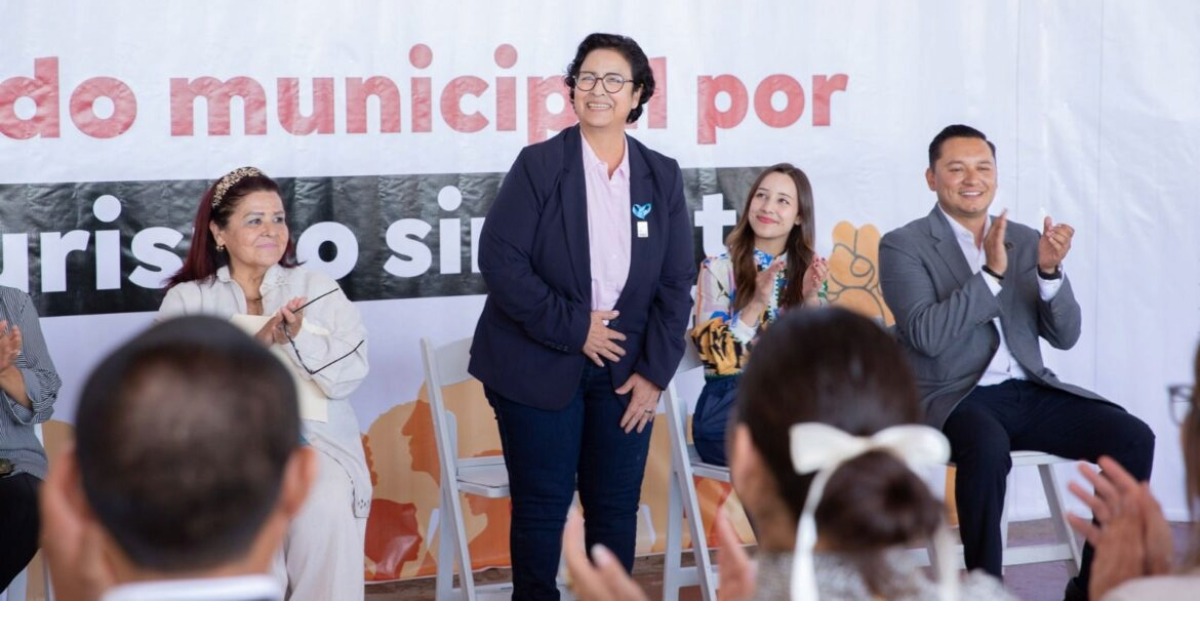On July 30, Rosarito Beach signed a tourism without trafficking pact, training local businesses to spot and report exploitation and protect human rights . . .

On July 30, Rosarito Beach signed a tourism without trafficking pact, training local businesses to spot and report exploitation and protect human rights . . .
